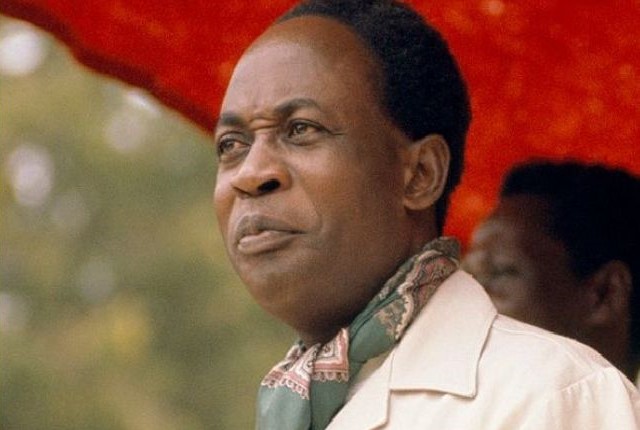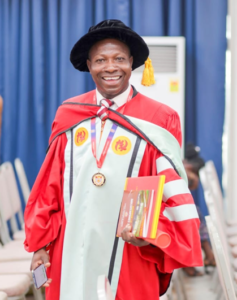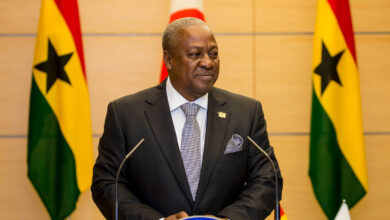Kwame Nkrumah can’t be credited as the only founder of Ghana- Dr. James Kwabena Bomfeh (Academic & Politician)

Kwame Nkrumah is often celebrated as the face of Ghana’s independence, but his role was part of a broader collective effort that shaped the nation’s path to freedom. Ghana’s independence was achieved through a series of legislative acts—the Gold Coast Independence Act and the Ghana Independence Act, both enacted in the UK. These acts were crucial in the transition from colonial rule to self-governance he said.
While 72 individuals supported these acts, this number did not match the legislative assembly’s composition in the Gold Coast (now Ghana). The majority of those who endorsed the acts were members of the Convention People’s Party (CPP) led by Nkrumah.
In contrast, several other political entities, including the National Liberation Movement (NLM), the Northern People’s Party, the Togoland Congress Party, and the Muslim Association of Ghana, boycotted the process.
These groups were skeptical about several key aspects of the transition, they opposed the name “Ghana,” proposed by Nkrumah, fearing it would not succeed as the ancient Ghana Empire had not. They also disagreed with the unitary system of government that Nkrumah championed. Nevertheless, it was through Nkrumah’s intellectual efforts and his team’s advocacy that the modern map of Ghana was crafted.

On July 10, 1953, Nkrumah presented the motion of destiny, a significant step towards independence, and on August 3, 1956, the Gold Coast Independence Act was tabled. Despite his pivotal role, Nkrumah was never one to claim sole credit for Ghana’s independence. On March 6, 1957, the day Ghana formally achieved independence, Nkrumah acknowledged the contributions of other notable figures such as Nana Kwamena Ansah, Chief of Elmina; Nana Agyeman Prempeh I, who had been exiled to Seychelles; Nana Adu Ekyir, who resisted British dominance in Cape Coast; and Yaa Asantewaa, a symbol of resistance against colonial rule.
It is also important to note that August 4, 1947, marked the founding of the United Gold Coast Convention (UGCC), an important political organization in Ghana’s pre-independence era, but it does not signify Ghana’s independence.
The founding of Ghana was not the work of a single individual but the result of a concerted effort by numerous leaders and activists. Nkrumah’s leadership was crucial, but the journey to independence was a shared endeavor that involved many dedicated individuals and groups.
This collective struggle is a reminder of the diverse contributions that shaped Ghana’s emergence as a sovereign nation.




